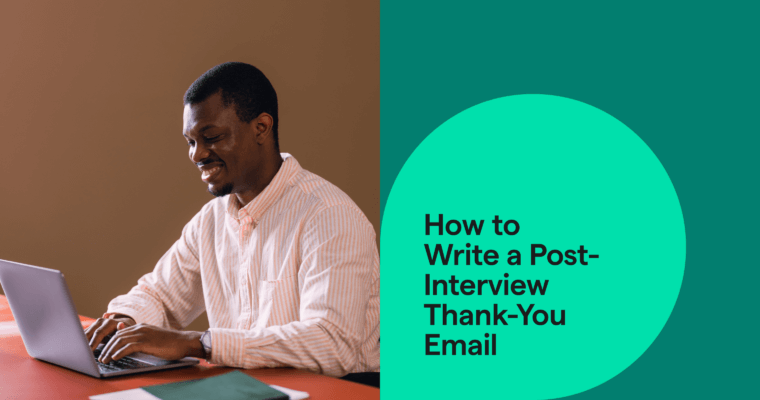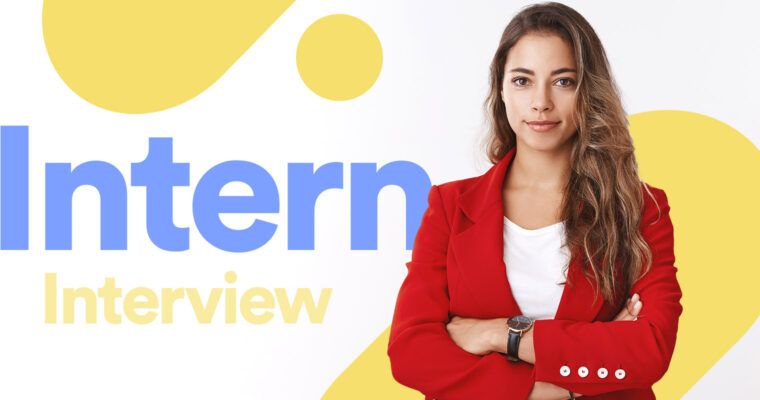
Congratulations. (Maybe. Hopefully!)
You haven’t clinched your new job yet, but getting this far is encouraging. You may already be excitedly imagining life in your upcoming role, but the more immediate task at hand will be nailing the interview. That means it’s time to prepare for an array of tough potential interview questions you may have to field.
Besides knowing how you want to present your background and experience, it helps to research the place you’re applying. What challenges are they facing? How are they evolving? How might someone with your résumé be an asset in that process? Knowing how to couch your answers in that context is essential to crushing whatever tough questions an interviewer might throw out.
To help you get ready, we’ve put together this list of challenging queries worth rehearsing for. While not all are guaranteed to come up—and unforeseen curveballs from “who are your heroes?” to “what’s your favorite food?” have sometimes tilted brilliant minds—considering these questions in advance can help you steer the conversation with grace and aplomb.
Can you tell me about yourself?
The key here is to be succinct and not get overwhelmed with the multitude of possible answers. Seize this opportunity to give a quick career overview that highlights relevant strengths and accomplishments.
Wrong approach: “I grew up in North Alabama, or upstate Alabama as my mom likes to joke, aheh. But it’s funny, I never really got into outdoorsy stuff until I discovered beer, so as a kid I always…” NO.
Right approach: “While majoring in journalism I began developing a portfolio by writing and editing for the student newspaper and volunteering at my college radio station. That helped me secure an internship that set me up after graduation to…” SOLID.
Ideally, this dovetails into one particular accomplishment that’s easy to summarize—a recent project you successfully spearheaded, or an award you won, perhaps—before you stick the landing with what you hope to do next, and how that aligns with the position you’re applying for.
That last part is worth thinking through, lest you get caught flat-footed by this little peach:
How does this job fit into your life plan?
Another variation on this theme is “Where do you see yourself in five years?”
Wrong response: “I… I have no idea! I’ll be so much older then—So many doors will have closed, augh!”
Also the wrong response: “Sleeping on the same futon, looking at a fancier phone.”
To knock this one out of the park, understand the basis for asking it. The interviewer wants to know what motivates you, in order to better gauge what kind of match you might be for the position, and what potential you and the company have to grow together. The last thing they want is to hire someone who, in a few short months, will feel like they’re at a dead end and want out.
Remember, you’re not etching your fate into stone with your answer so much as explaining why you’re a good fit.
What’s your greatest weakness?
That sound you just heard was a thousand potential hires gulping in unison. There are a few ways to handle this without taking yourself out of the running:
- Make it about something that doesn’t particularly matter to the job at hand. Having a clear grasp of what the position entails can help here. Just beware—not everyone has the luxury of deciding some aspect of a job is outside their wheelhouse and not their problem.
- Describe an area where you’ve improved, and explain how. Why was it a challenge, what did you do to improve it, and how can you illustrate your success?
- Frame a weakness as an asset. For instance: “Before sending out copy, I always find myself triple-checking to make sure it’s free of errors. I realize that’s not something anyone can afford to spend all day on, so I’ve pushed myself to manage my time deliberately, so I always have a chance to look back and polish my work well before my deadline.”
You want the focus of the interview to be everything that makes you a strong candidate; don’t let this question derail that emphasis.
What does your ideal company look like?
Questions in this vein range from “Why do you want to work here?” to “Describe your dream job,” and they can blindside an applicant who hasn’t prepared.
Again, advance research is crucial so you can connect your answer to your prospective role in specific terms. As ever, you don’t want to remove yourself from consideration by essentially telling the interviewer you’d hate working there.
Wrong response: “My ideal company is small and nimble, so ideally I wouldn’t have to work under the managerial bloat this place seems to suffer from.”
Right response: “I think the value of agility is hard to overstate, so the way this company uses the divide-and-conquer approach to tackle problems resonates with me. I think my skills with pair programming could really shine in that respect.”
And finally:
Why should I hire you?
This is your chance to give the interviewer FOMO—a fear that if they don’t offer you the gig, they’ll miss out. You want to emphasize your uniqueness—the value you alone can offer, which no other candidate could rival. And you don’t want to water down your sales pitch by droning on, so it needs to be straightforward.
It’s worth spending some time to think through an organized response beforehand, so based on everything you know about what your prospective employer needs done, choose a few specific qualities to underscore. Think through why they make you the standout pick to do the work and enhance the team. Then practice explaining as much out loud, so it comes naturally; these are your strongest attributes you’re talking about, after all.
You’re going to do great in there, by the way. Good luck!
![]()





